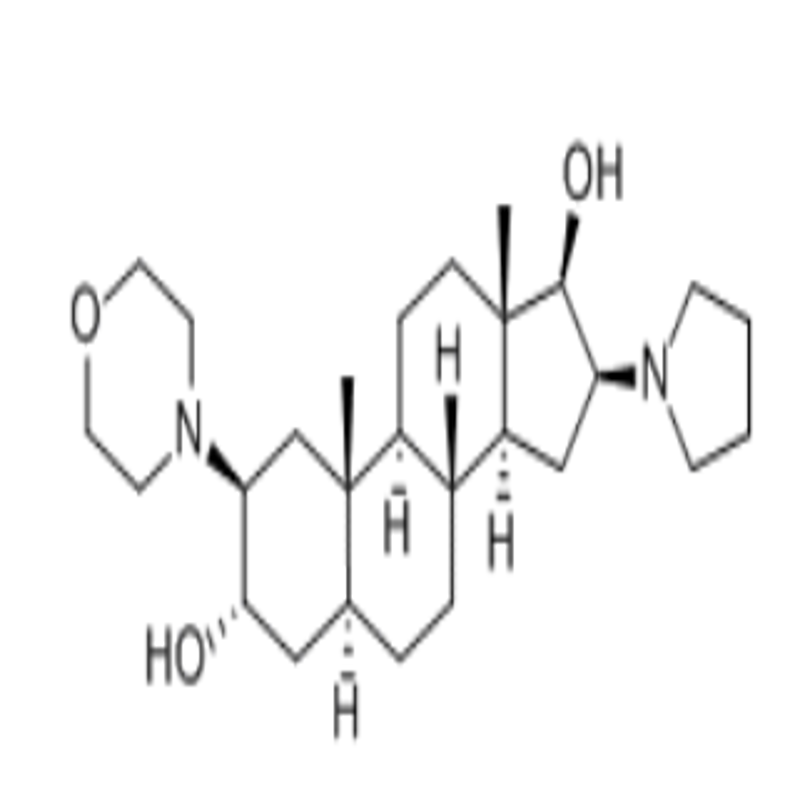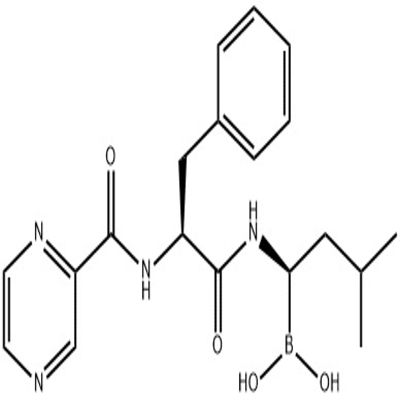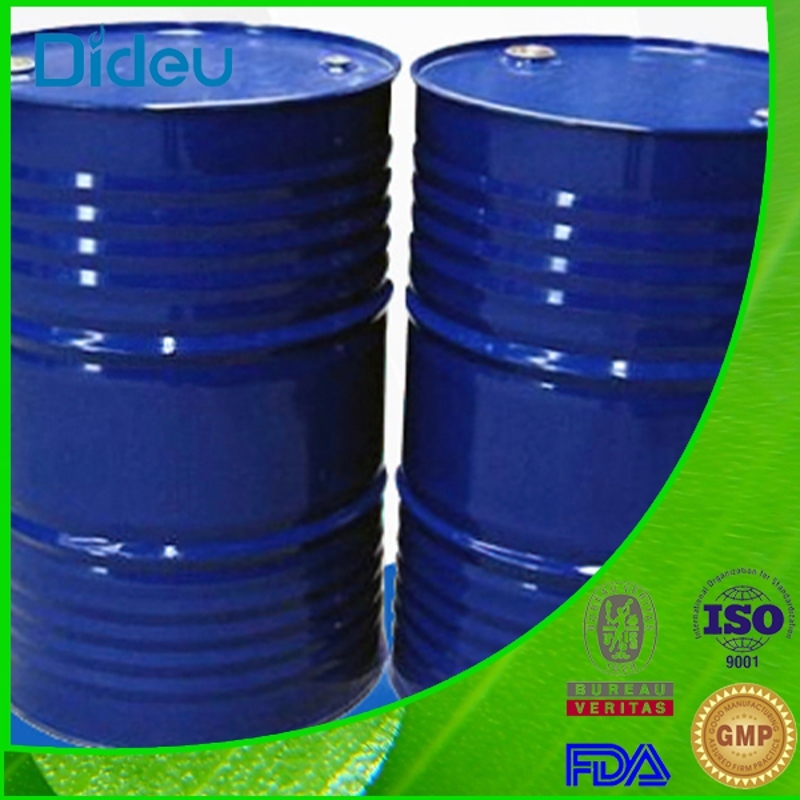-
Categories
-
Pharmaceutical Intermediates
-
Active Pharmaceutical Ingredients
-
Food Additives
- Industrial Coatings
- Agrochemicals
- Dyes and Pigments
- Surfactant
- Flavors and Fragrances
- Chemical Reagents
- Catalyst and Auxiliary
- Natural Products
- Inorganic Chemistry
-
Organic Chemistry
-
Biochemical Engineering
- Analytical Chemistry
-
Cosmetic Ingredient
- Water Treatment Chemical
-
Pharmaceutical Intermediates
Promotion
ECHEMI Mall
Wholesale
Weekly Price
Exhibition
News
-
Trade Service
Ethyl 2-chloro-4-(trifluoromethyl)pyrimidine-5-carboxylate, also known as CTFP, is a chemical compound that has been widely used in the chemical industry for various applications.
It is an important intermediate in the production of various chemicals, including pharmaceuticals, agrochemicals, and dyestuffs.
One of the key advantages of CTFP is its excellent safety profile.
It is highly stable and does not react with other chemicals, which reduces the risk of accidents and incidents in the workplace.
CTFP is also not flammable or explosive, which makes it safer to handle than many other chemicals.
In addition to its stability and non-flammability, CTFP is also low in toxicity.
It is not harmful when ingested, inhaled, or if it comes into contact with the skin.
It is also not classified as a hazardous material under any major regulatory schemes, such as the United Nations classification system or the American DOT classification system.
Despite its low toxicity, CTFP is still a potent chemical that should be handled with caution.
It should be stored in a cool, dry environment and protected from moisture and sunlight.
It should also be handled carefully to avoid spills or leaks, which can cause damage to equipment and the environment.
Overall, CTFP is a safe and reliable chemical that is widely used in the chemical industry.
Its excellent safety profile makes it an attractive option for a variety of applications, and its low toxicity and stability make it an ideal choice for many industrial processes.







